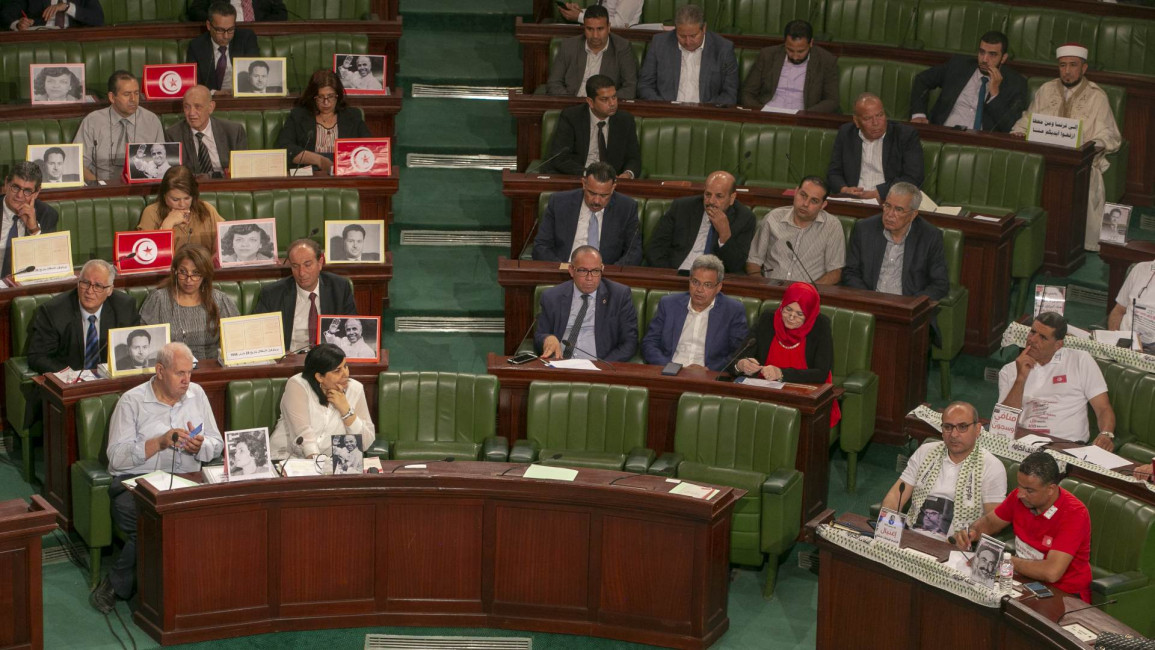Tunisia’s biggest party's 'suspicions' about PM threatens government stability
Tunisia's biggest political party, Ennahdha, is considering withdrawing its support from a fragile coalition government due to a "conflict of interest" with the country's prime minister.
The moderate Islamist party has not disclosed what action it might take regarding its "suspicion" of Prime Minister Elyes Fakhfakh, but released a statement on Sunday saying his premiership "harmed the image of the governing coalition, and requires a reevaluation of the [party's] position about the government".
There is a possibility that Ennahdha could withdraw seven ministers from the government, sources in local media have speculated, weakening the government which was finally formed in February after almost six months of deliberation.
The prime minister has had to answer accusations of corruption regarding his ownership of shares in a company which won a state deal worth 44 million dinars ($15 million).
He faces pressure to resign from the opposition after a member of parliament published the accusatory documents last month.
Fakhfakh responded saying he has sold the shares of the company before he took up his leadership position.
|
|
He added that he would be willing to step down if any illegality was ruled by the ongoing investigation into these allegations.
The head of the state anti-corruption commission, Chawki Tbib, said the prime minister did not inform the body about his shares in the company, and recommended that the state contract with the firm should be cancelled.
"The earnings declaration law in Article 18 requires Fakhfakh to refer the disposal of his shares in these companies to another person within two months of assuming his duties, but he has not done so to this day.
"This is a situation that violates the law and the constitution, and this data has not been reported to us until 25 June through a letter from him," said Tabib.
Tunisia was the first country during the Arab Spring to topple its government in 2010. Since then, its road to democracy has been rocky but acknowleged as being one of the most stable countries in the region.
Follow us on Facebook, Twitter and Instagram to stay connected


